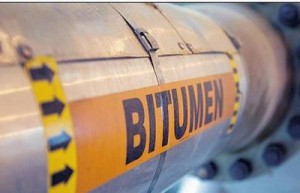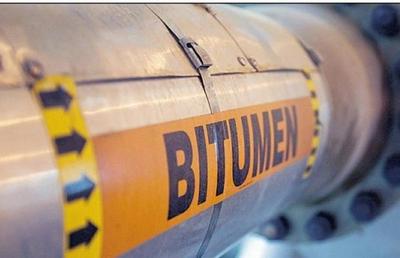The National Energy Board will begin accepting applications to participate in TransCanada’s Energy East pipeline hearing beginning February 3, 2015. The form will only be available for a period of four weeks.
 Who needs to apply?
Who needs to apply?
1. You are someone who will be directly affected by TransCanada’s Energy Pipeline or
2. You have relevant knowledge or expertise to give on the pipeline.
If you think you are someone who will be directly affected, you must be as specific and detailed as possible when demonstrating how your personal use of land and water will be directly affected by the oil pipeline.
Some examples of those with relevant knowledge or expertise to share on the impacts of a pipeline include medical doctors and other health professionals, economists, engineers and First Nations members who have an extensive understanding of the history and cultural significance of the area that could be affected by a pipeline.
You must apply in order to participate in the public NEB hearing process.
Anyone interested in participating in the Energy East hearing must complete the online form and submit it before 3:00pm AST on March 3, 2015. Access to the form will be available on the Energy East webpage beginning February 3, 2015. The Board will not be accepting late applications.
List of issues that NEB is considering
The NEB is considering the need for the project, economic feasibility, environmental and socio-economic impacts, potential pipeline spills, impacts on Aboriginal interest and impacts on landowners and land-use. However, the NEB assessment will not consider important ‘upstream’ impacts such as tar sands development, nor ‘downstream impacts’ including climate change. If you are planning to apply for funding or to participate in the NEB hearing, your input must be related to the NEB’s list of issues.
Why is it important to participate?
This is a public process and your chance to voice your concerns about a proposal that could threaten New Brunswick’s land and water. The proposed Energy East pipeline would traverse hundreds of acres of farmland and forest, putting a number of industries, including agriculture and tourism, at risk. The oil pipeline will also cross many of our rivers and streams in the St. John River basin, the Miramichi, Tobique, Salmon and Madawaska rivers, Coal Creek (which drains into Grand Lake), and the Bay of Fundy. Your participation is even more important due to changes introduced by the federal government in 2012 about how projects are reviewed. Public input to environmental assessment was restricted, environmental laws weakened, and now pipelines crossing provincial borders are only evaluated by the NEB, not environmental regulators. These changes stifle public concerns that must be heard.
We are here
Please contact us here at the Conservation Council if you have any questions about Energy East and the process to apply to participate in the NEB hearing. We will continue to share more information with you as it becomes available.
Please share this update, especially with your family members and friends who need to know how to apply to participate in the NEB hearing.
Tracy
Conservation Council of New Brunswick /
Conseil de conservation du Nouveau-Brunswick
180 Saint John St.,
Fredericton, NB
E3B 4A9
Tel: 506 458-8747
Email: forest@conservationcouncil.ca
www.conservationcouncil.ca
Facebook / Twitter

